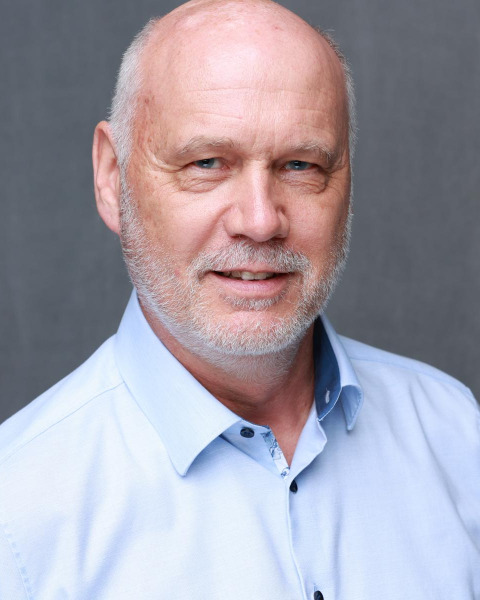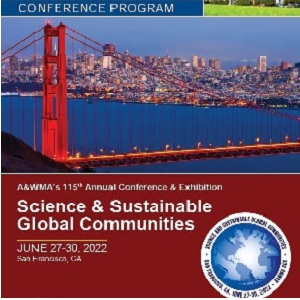Back
Platform
SUST
Session : Energy-Water-Waste Nexus
1167711 - How Can a Very High Diversion of Organics from Landfill Be Reached and at the Same Time Be Ecologically and Economically Viable?
Thursday, June 30, 2022
10:20am – 10:40am PT
Location: Seacliff D

Glen W. Tobiason
President & CEO
InnoWaCon LLC
Hopkinton, NH
Primary Author(s)
In this session attendees will learn what can be done when legislation and other factors regarding landfills will be force them to no longer accept any Municipal Solid Waste (MSW). Up until now, landfills have been the final and, on the surface, least expensive way to dispose of waste. Many still operating landfills are reaching their permitted limits and vertical or horizontal expansion plans are being met with fierce resistance by municipalities and as well by now more educated citizens. Recent studies and drone flyovers have shown that the methane gas emissions from many landfills is far greater than previously thought. Considering that methane gas is 86 times more harmful than carbon dioxide in our atmosphere one would have to question the real viability of such landfills into the future. The cost of landfilling MSW has and will also significantly increase because of ecological/legislative pressure, increased transport costs as well as regional diminishing landfill capacity. There are a number of solutions available to treat MSW in a complete way other than landfilling. Some of them are in their technological infancy and are not complete and flexible solutions. Others like a tried and proven Mechanical Biological Waste Treatment (MBT) are available now in North America. The presenter will illustrate such a tried-and-proven, flexible and adaptable solution. This solution offers the desired and now regulated extremely high diversion of organics from landfill, has outputs such as a high methane content biogas, very dry Refuse Derived Fuels (RDF) as well as remove recyclables from the waste stream, ecologically sound, extremely low emissions into the air, water and ground all the while being economical in CAPEX and OPEX.

.jpg)
